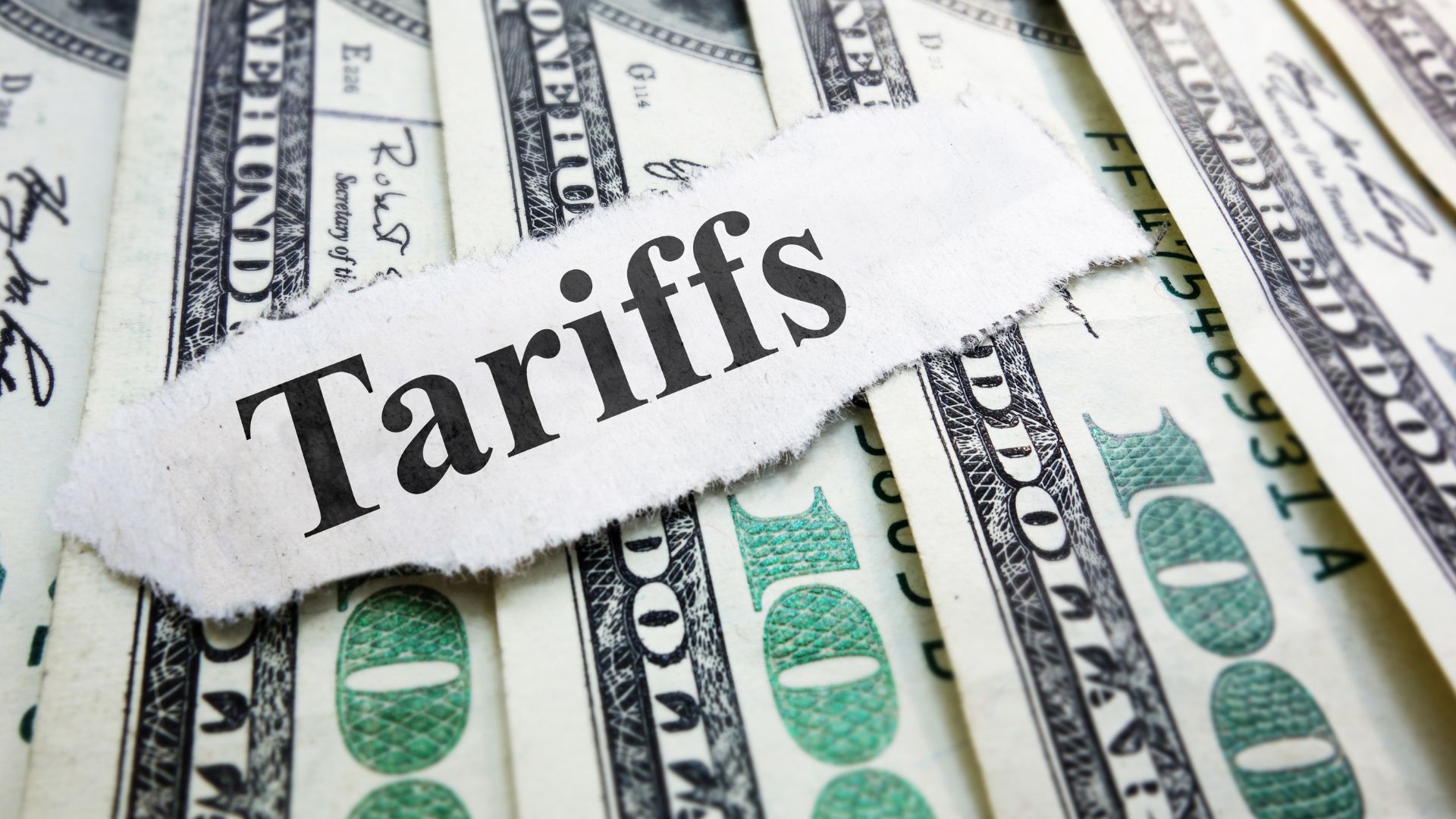You might have seen the headlines: gold prices have hit record highs, global markets are on edge, and international trade tensions are heating up.
It might sound like a story for economists and investors, but these developments are already having real-world effects on everyday finances, including right here in the UK. So, what’s going on, and how could it affect your money?
Let’s break it down.
What’s Happening Globally?
Markets have taken a hit recently following a wave of new policy proposals out of Washington. President Trump has reintroduced steep tariffs on Chinese imports (up to 150% on some goods) as part of a wider plan to “re-shore” U.S. manufacturing.
In response, China has signalled potential retaliatory trade measures. The result? Investors are retreating from stocks and flocking to “safe haven” assets like gold, which has now surged to over $3,300 an ounce, a record high.
Why It Matters to UK Households
You might be wondering, if this is happening across the Atlantic, how does it impact people here in the UK? The truth is, when two of the world’s largest economies square off, the aftershocks are felt everywhere.
Here’s how it can affect your finances:
1. Your Savings and Pension Might Be Affected
If you have a pension or savings in a stocks and shares ISA, you might notice some volatility in your balance. This is normal in the short term, but it’s a good reminder to stay calm, stay diversified, and get advice before making changes.
2. Borrowing Costs Could Stay Higher for Longer
With global instability, central banks (like the Bank of England) may hold off on cutting interest rates. That means mortgages, credit cards, and loans could remain more expensive than hoped for, a key consideration when managing debt.
3. Imported Goods May Cost More
If the pound weakens in response to international events, imported goods (like fuel, electronics, or even food) can become more expensive. That makes household budgeting more important than ever.
4. Consumer Confidence Drops
When the headlines are full of uncertainty, many people naturally pull back on spending. While cautious budgeting is always wise, it’s also a time when knowing your financial options becomes even more important.
5. But There’s Some Good News at the Pumps
Amid all the market turbulence, there’s a small silver lining for UK drivers: the average price of petrol fell by 1.6p per litre between February and March to 137.5p per litre. It’s a welcome bit of relief for households. Lower fuel costs don’t just make commuting cheaper—they can also ease pressure on delivery prices, which helps slow down rising costs elsewhere. It’s a rare bright spot that could offer a little breathing space for your budget.
What Can You Do?
At Angel Advance, we’re all about helping people feel more in control of their money, no matter what’s happening on the global stage. In times of uncertainty, a little financial housekeeping can go a long way:
✅ Spring clean your direct debits: Are there subscriptions or direct debits you no longer need? Check out our recent blog.
✅ Review your budget: Adjust it to reflect the rising cost of living.
✅ Get advice early: if your debt feels unmanageable, there are always options, and it’s never too early to explore them.
Want to Get Debt Advice?
You don’t need to understand the stock market to take control of your financial wellbeing. While gold prices soar and markets wobble, the best thing you can do is stay grounded in your own financial goals and know that support is always available.
Need help managing your finances during uncertain times? We’re here to help. Visit angeladvance.co.uk


